Ecology
We provide ecology services and surveys to help minimise the impact of wildlife habitats on your development
Our ecology services and surveys help to steer our clients through a wide range of ecological challenges
Our team can cover any type of ecological challenge
We are specialists in a wide range of ecological challenges, so we can lend a helping hand in any situation. Whether you have bats, dormice, or badger setts present, or a development where water voles may be in residence, the team can quickly take on the project and support you throughout.
We help our clients to navigate the complex laws of wildlife conservation.
Our team knows all the finer details of UK wildlife law, so you don’t have to. We’ll guide you step by step, helping to protect both the integrity of the wildlife habitat and your company’s investment and reputation. Our ecologists will visit your site early in the planning process and carry out a Preliminary Ecological Appraisal (PEA). This report helps to identify where there are protected wildlife habitats on or near your site so that our team can work alongside you to mitigate any challenges that may delay your project.
100+ years’ team experience
London and South of England coverage
CIEEM Registered Consultants
Friendly, helpful and approachable team
Working with our ecology team
You’re in safe hands. Our ecology team is a highly accredited and experienced.
Our ecological consulting services
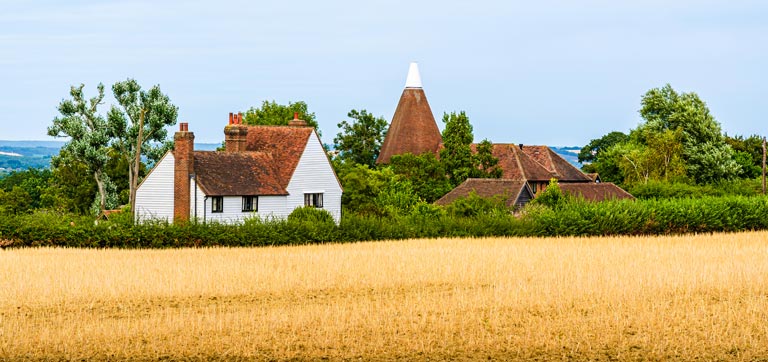
Preliminary Ecological Appraisal (PEA)
A PEA provides an initial overview of how the proposed development might impact legally protected wildlife habitats and biodiversity.
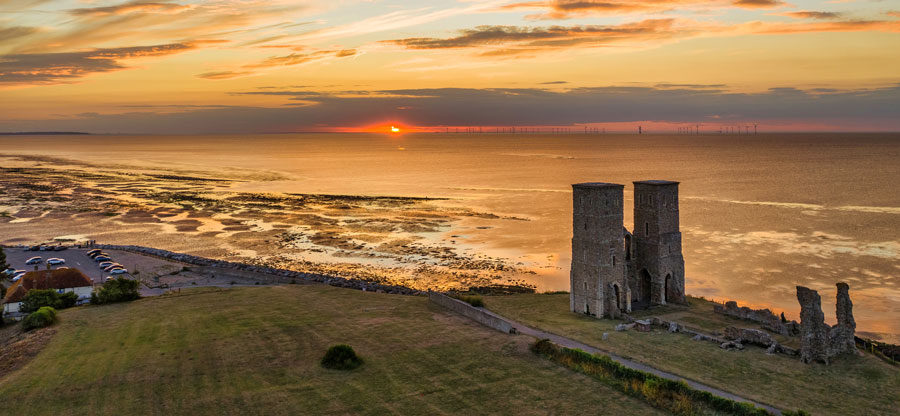
Habitat Regulations Assessment (HRA)
We can provide ecological information reports to support all stages of the Habitat Regulations Assessment (HRA) for both development projects and local plans.
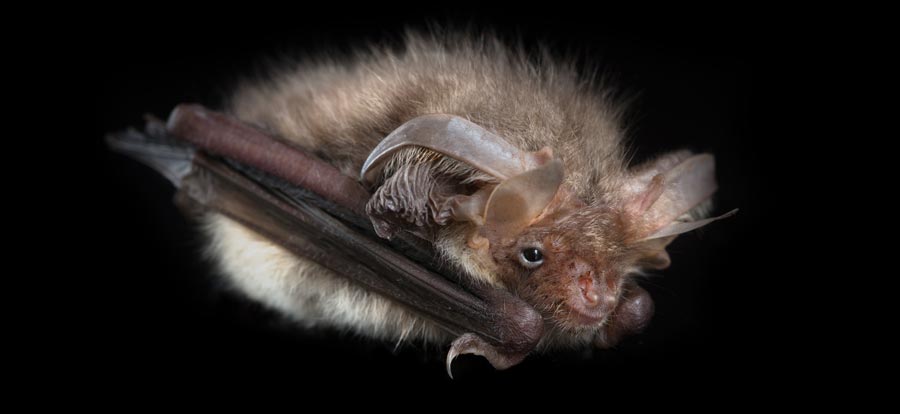
Bat surveys
Bats and their roosts are legally protected, so we recommend carrying out a Preliminary Roost Assessment (scoping bat survey) of trees, buildings and structures that proposed works may impact.

Dormice surveys
If you're proposing works in areas and habitats known to lie within the dormouse range, you may need a presence/likely absence survey to show how you’ll manage any harmful effects on this protected species.
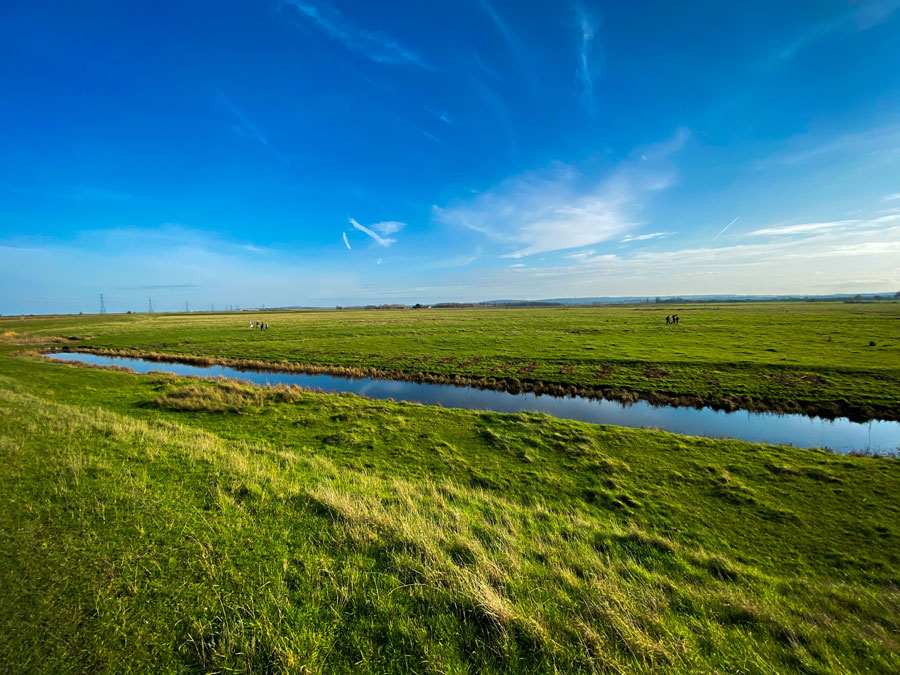
Ecological Impact assessment
An EcIA can be a stand-alone document for any planning application and can help identify any significant ecological impacts on the development project.
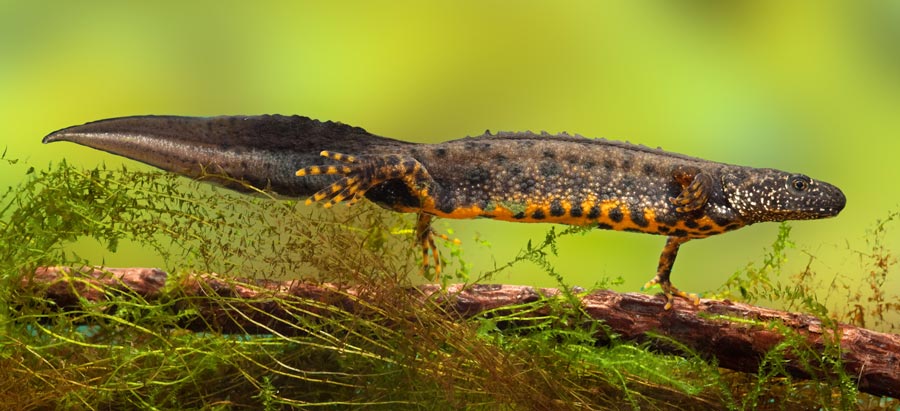
Great Crested Newt surveys
Great crested newts and their habitats are legally protected. These creatures can travel up to 500m from their breeding ponds, so a great crested newt survey should be undertaken when water bodies are nearby.

Reptile surveys
The more widespread reptile species are legally protected. If you’re conducting work that may impact reptiles, you’ll likely need presence / likely absence and population assessment surveys.
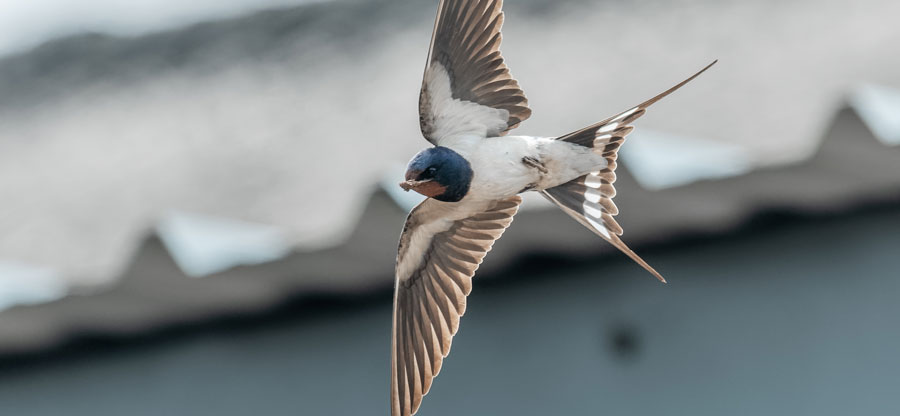
Nesting bird surveys
If you’re building at a location and time of year when birds may be nesting, we can conduct a nesting bird survey to find out if active nests are present.
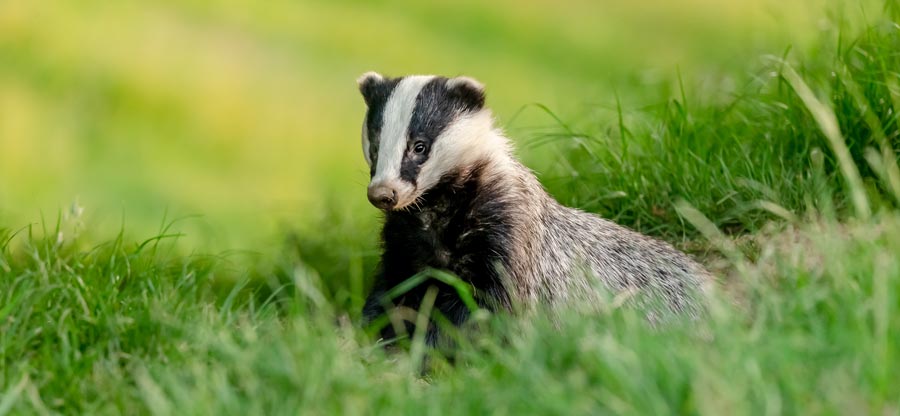
Badger surveys
If you’re planning works within the vicinity of a confirmed or potential badger sett or in a habitat that is suitable for badger setts to be present, it’s worth contacting us for advice.
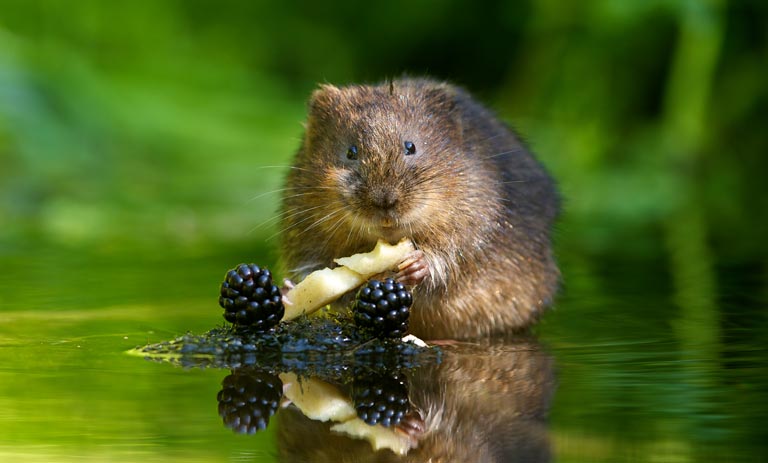
Water Vole surveys
If you’re planning works near a watercourse, you may need a water vole survey to assess how they will be impacted. Water vole surveys can be carried out between April and October.
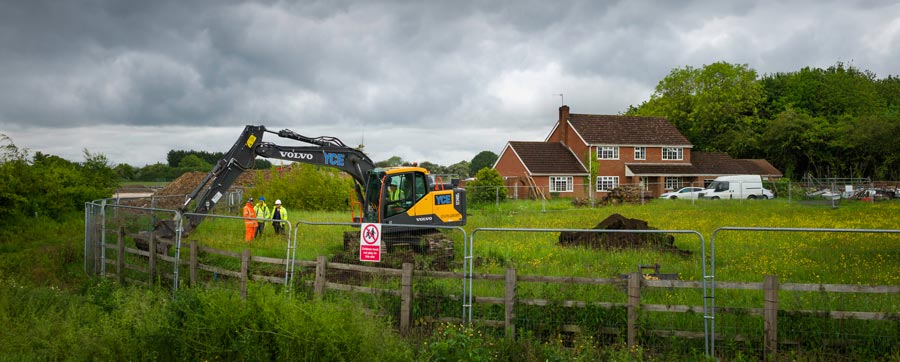
Ecological Clerk of Works (ECoW)
We can provide you with an Ecological Clerk of Works service, and field ecologists are on hand to help ensure that your building works stay legally compliant and wildlife habitats aren’t impacted.
It was a pleasure to work with Graeme Down on the Bishops Waltham Industrial Development Project and we hope to acquire his services once again on the KGV Sports Pavilion Development Project. Graeme, you have been a great help throughout the course of this project and your reports have made for great reading, so thank you for your efforts to date.